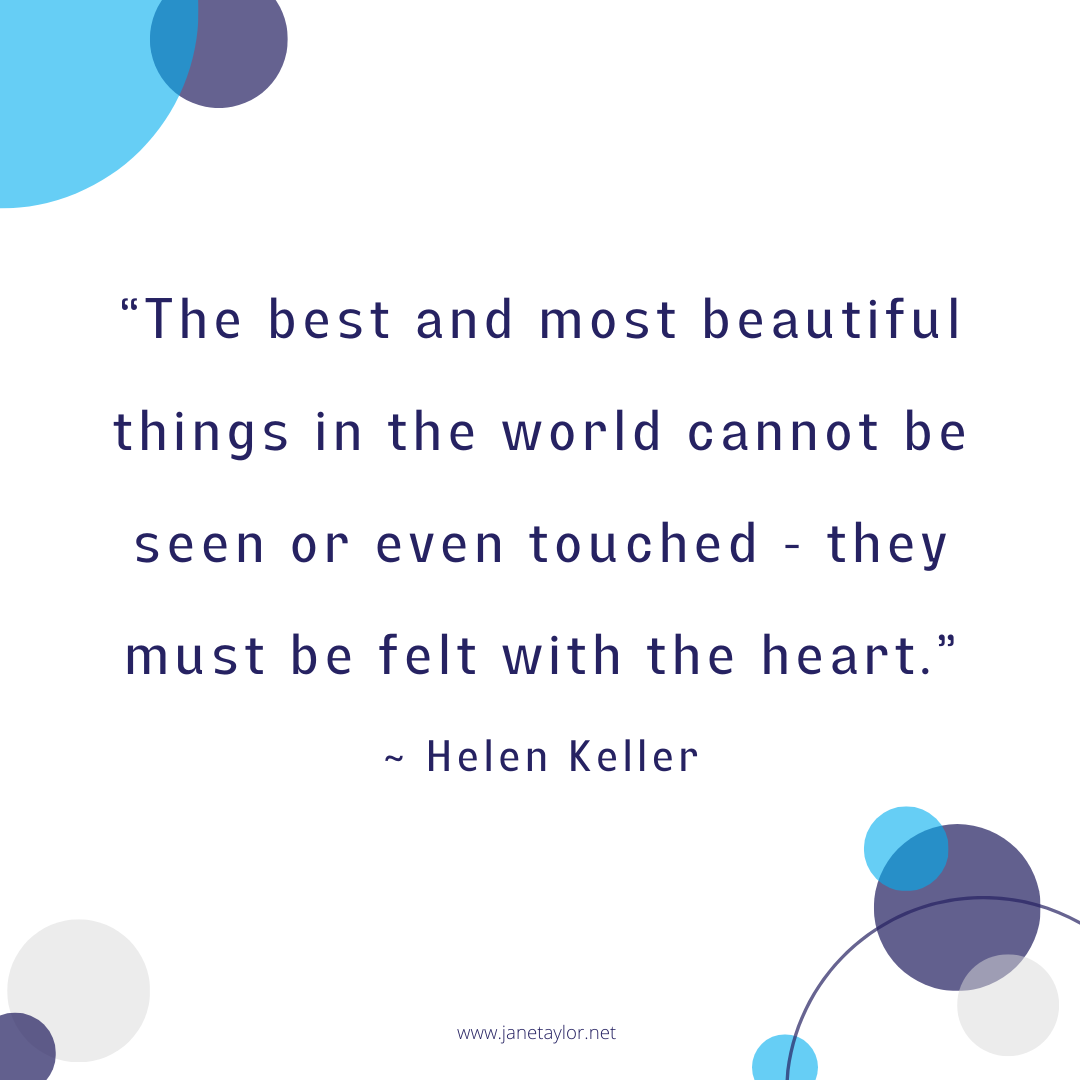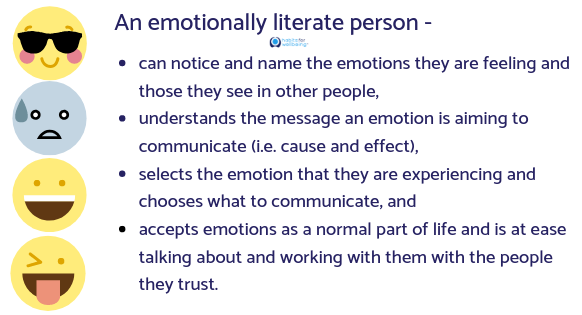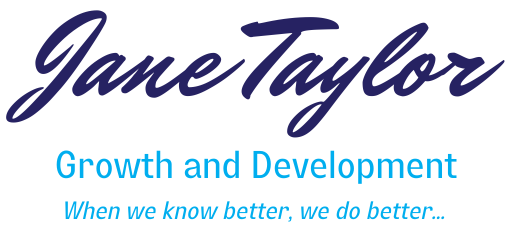What is Emotional Literacy?

More and more people are recognising the importance of emotional intelligence. As I have been working with emotional intelligence and supporting people to develop their emotional intelligence, one thing I have noticed is the importance of emotional literacy.
Why Develop Emotional Literacy?
Emotional literacy is the building block of emotional intelligence. Subsequently, when we develop our own emotional literacy we can access and develop important information about ourselves and others. Without the skill of emotional literacy, emotions would remain confusing and misleading and impact on the relationship we have with ourselves and other people.
What is Emotional Literacy?
Just as learning to read and write begins with literacy of letters and sounds, learning to interpret and manage feelings begins with emotional literacy. The term “emotional literacy” was coined by Claude Steiner in 1979.
The definitions of emotional literacy include –
- “To be emotionally literate is to be able to handle emotions in a way that improves your personal power and the quality of your life and – equally important, the quality of the life of the people around you. Emotional literacy helps your emotions work for you instead of against you.” ~ Claude Steiner
- “… is not a mere unleashing of the emotions, it is learning to understand, manage and control them.” ~ Claude Steiner
- “Emotional literacy is the ability to put feelings in to words so that those feelings can be understood within some sort of psychological context.” ~ Tian Dayton
- “… lets us sort out all of those feelings, name them and begin to understand their causes and effects. It is the basic building block of emotional intelligence.” ~ Joshua Freedman
- “Emotional literacy helps us precisely identify and communicate our feelings. Naming them helps us identify our unmet needs; communicating them helps us identify those people who voluntarily assist us in meeting our needs. The key to emotional literacy is using simple, clear and direct three-word I messages like – ‘I feel sad.'” ~ Steve Hein
The Skills of Emotional Literacy
Steiner (2003) identified the following principal skills to develop for emotional literacy –
- Knowing your feelings,
- Having a heartfelt sense of empathy,
- Learning to manage our emotions,
- Repairing emotional damage, and
- Emotional interactivity – putting it all together.
Attributes of an Emotionally Literate Person
Following are a number of the attributes of an emotionally literate person –

Over to You…
I hope this article has helped you to understand what emotional literacy is and why it is important. If you have any questions, please feel free to write them below in the comments section of contact us here.
If you are ready to reclaim your courage and take the next step towards freedom and opening your heart, why not join our Toolkit?
References –
Dayton, T. (2000). Trauma and Addictions: Ending the Cycle of Pain Through Emotional Literacy. Florida, USA: Health Communications Inc.
Freedman, J. (2012). At the Heart of Leadership: How to Get Results with Emotional Intelligence. California, USA: Six Seconds.
Hein, S. (2012). EQ for Everybody: A Practical Guide to the Developing and Using One’s Emotional Intelligence, USA: Steve Hein.
Steiner, C. (2003). Emotional Literacy: Intelligence with a Heart. California, USA: Personhood Press.
